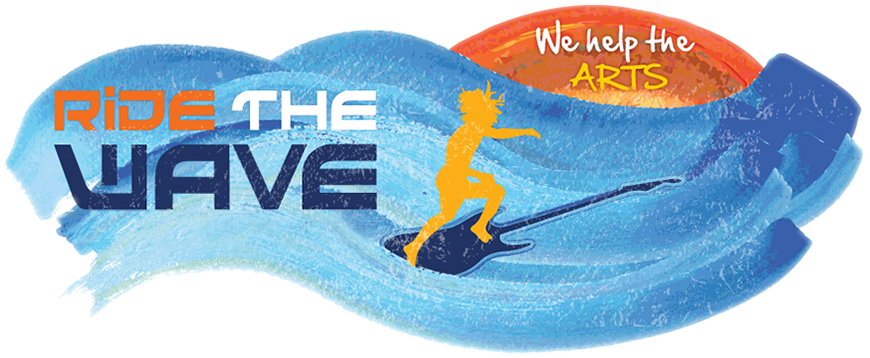"The challenge for educators is to bring our bottom to our average so much faster...at the same time we need to bring our average to the global heights because we are now competing with people more and more from every locality in the world that can get on the network and that's another challenge..The first is a challenge of more of the three Rs (reading, writing and arithmetic), and the second is a challenge of more of the three or four Cs (creativity, communication, collaboration and critical thinking)..but either way everybody is going to have to up their game, relearn, reengineer and retool much faster and more often in order to sustain a middle class life style in this increasingly flat and fast world"
Thomas L. Friedman is an internationally renowned author, reporter, and columnist; recipient of three Pulitzer Prizes; and author of six best-selling books among which The World Is Flat, where he discusses the "flattening" of the world in the twenty-first century, what it means to countries, companies, communities, and individuals and how governments and societies can, and must, adapt. Friedman’s foreign affairs column in The New York Times, which he has written since 1995, reports on US domestic politics and foreign policy, Middle East conflicts, international economics, environment, biodiversity, and energy. He has been with The New York Times since 1981.
"What was the most important thing to happen in the early 21st century? I would argue is that what historians would say it is the most important thing to happen in the early 21st century was the merger of globalization and the IT revolution..and what that fusion did was take the world from connected to hyper connected, from interconnected to interdependent"
"In a hyper connected world in ten years there will be no digital divide..what you will have is a motivational divide: who is it in a world where all these tools are free, in a world where all this knowledge is available, who has the internal motivation and aspiration to not only put it together in different ways, but to keep learning and relearning"
- Read "What Google and NY Times’ Tom Friedman Get Right About the Purpose of Higher Education" by Cathy N. Davidson

No comments:
Post a Comment